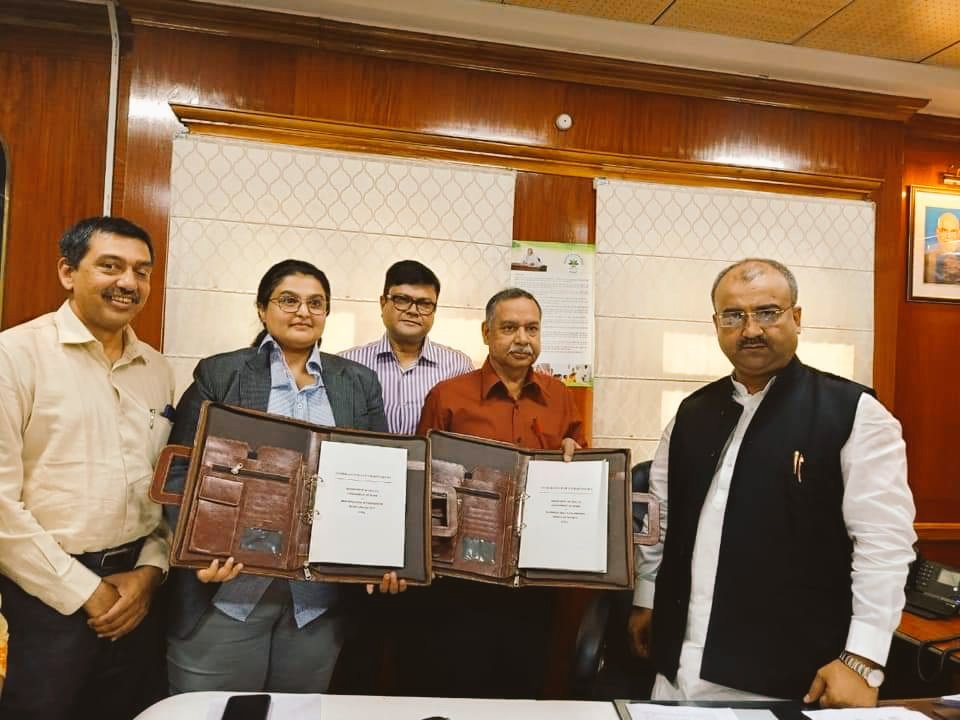Working with the Government to bolster mental health care services
India’s new Mental Health Care Act which came into effect in 2017 requires each state government to create basic service delivery systems, register and regulate existing mental healthcare facilities and service providers and ensure the provision of quality and affordable mental health care services. However, most states require support in complying with these legal requirements. In fact, over the last two years only nine states have managed to take the first step of creating a State Mental Health Authority (SMHA).
“There is a lack of understanding among states about how to make rules. They need a bit of legal guidance and handholding.” - Preeti Sudan, Secretary, Ministry of Health and Family Welfare.
Mariwala Health Initiative (MHI) is therefore partnering with the Government of Bihar in an attempt to enable the government to effectively implement the Mental Healthcare Act. This support extends to enabling the government to create policies and systems for implementation of the Act, build capacity among varied stakeholders to provide mental healthcare services and leverage technology to undertake service delivery. In specific, MHI will work to train three different audiences within the State Government’s machinery—(i) members of Bihar’s State Mental Health Authority, (ii) health professionals within the District Mental Health Program and (iii) mental health professionals at the public-school and community level—to deliver better mental health services and implement provisions under the Act.
“Working with the government enables comprehensive outreach at scale. When we strengthen government machinery, we’re able to ensure that more people benefit from services promised and that those tasked with delivering these health services are appropriately trained and sensitized.” - R. Mariwala, Director, Mariwala Health Initiative
MHI will work through its partners, Centre for Mental Health Law and Policy and iCall (a national helpline) to enable the Bihar Government to recruit and train members of the State Mental Health Authority and Mental Health Review Board. Training modules developed under this partnership can be used across other states as well, to build the capacity of government-appointed mental health stakeholders, nationwide. The partnership will also enable the formation of a suicide prevention helpline and State Suicide Prevention Strategy. Additional suicide prevention activities that are planned under this partnership include training community health workers to use the World Health Organisation’s module on self-harm and suicide to identify and assist persons who are at risk of self-harm and suicide, as well as implementing a peer-support program for schools in Bihar.
